As President of IFORS I write a quarterly column for its IFORS Newsletter (which I highly recommend). This is my column for September 2016.
As I write this, I have just returned from a EURO (the Association of European Operational Research Societies) conference in Poznan, Poland. It was a fascinating conference with interesting plenary sessions, a wide range of technical talks, and outstanding social activities to encourage interactions among participants. EURO is a grouping of IFORS member societies based mainly in Europe and is a very successful organization with robust publications, active working groups on many topics, conferences and workshops, summer schools for doctoral students, and many other activities.
EURO is just one of the regional groupings of IFORS. Two other active groups are APORS (Asia-Pacific Operational Research Societies) and ALIO (Association of Latin-Iberoamerican Operational Research Societies) grouping operational research societies in their respective regions. Administratively, IFORS has also defined NORAM (North America) as a regional grouping, but it consists just of the United States society (INFORMS) and the Canadian Society (CORS/SCRO), both of which are extremely active on their own, though they periodically combine for some joint activities.
Regional groupings provide an extremely important level between the national societies and IFORS. Perhaps most importantly, their conferences allow researchers and, particularly, students to experience a broader audience than national society meetings. If operational research is going to reach its potential, there is much work to be done at the national and regional levels. The meetings of EURO, ALIO and APORS facilitate interactions among people with similar issues and institutions. While a large global meeting can explore the breadth of operational research, regional meetings provide the structures to let operational research have an immediate impact.
In early October, ALIO will hold its regional meeting (called CLAIO) in Santiago, Chile. Santiago is one of the most interesting cities in Latin America, and October should provide great weather. The conference has a broad mix of plenary speakers, including Monique Guignard-Spielberg, the IFORS Distinguished Lecturer, speaking on one of my first loves: lagrangian relaxation. The IFORS Administrative Committee will be getting together at the conference, so this will also be a chance to meet the members of the AC to talk about directions of IFORS.
The next meeting of APORS will be held in 2018 in Kathmandu, Nepal with the theme “OR and Development”. EURO meets every year where there is not an IFORS conference, so its next meeting is in 2018 in Valencia Spain, followed by its 2019 conference in Dublin, Ireland.
I greatly enjoy my time at the regional meetings. Each one is different, reflecting both the country where the conference is organized and the region for which the conference is designed. I have met many people I would not have met otherwise, and I have seen how operational research is being used to meet the particular needs of regions around the world. I highly recommend attending both your regional conference, and the conferences of other regions.
I, of course, also recommend attending the conference when all these regions get together: the IFORS Triennial, to be held in Quebec City, Canada July 17-21. This is the conference where the world comes together to celebrate operational research: I hope to see you there!
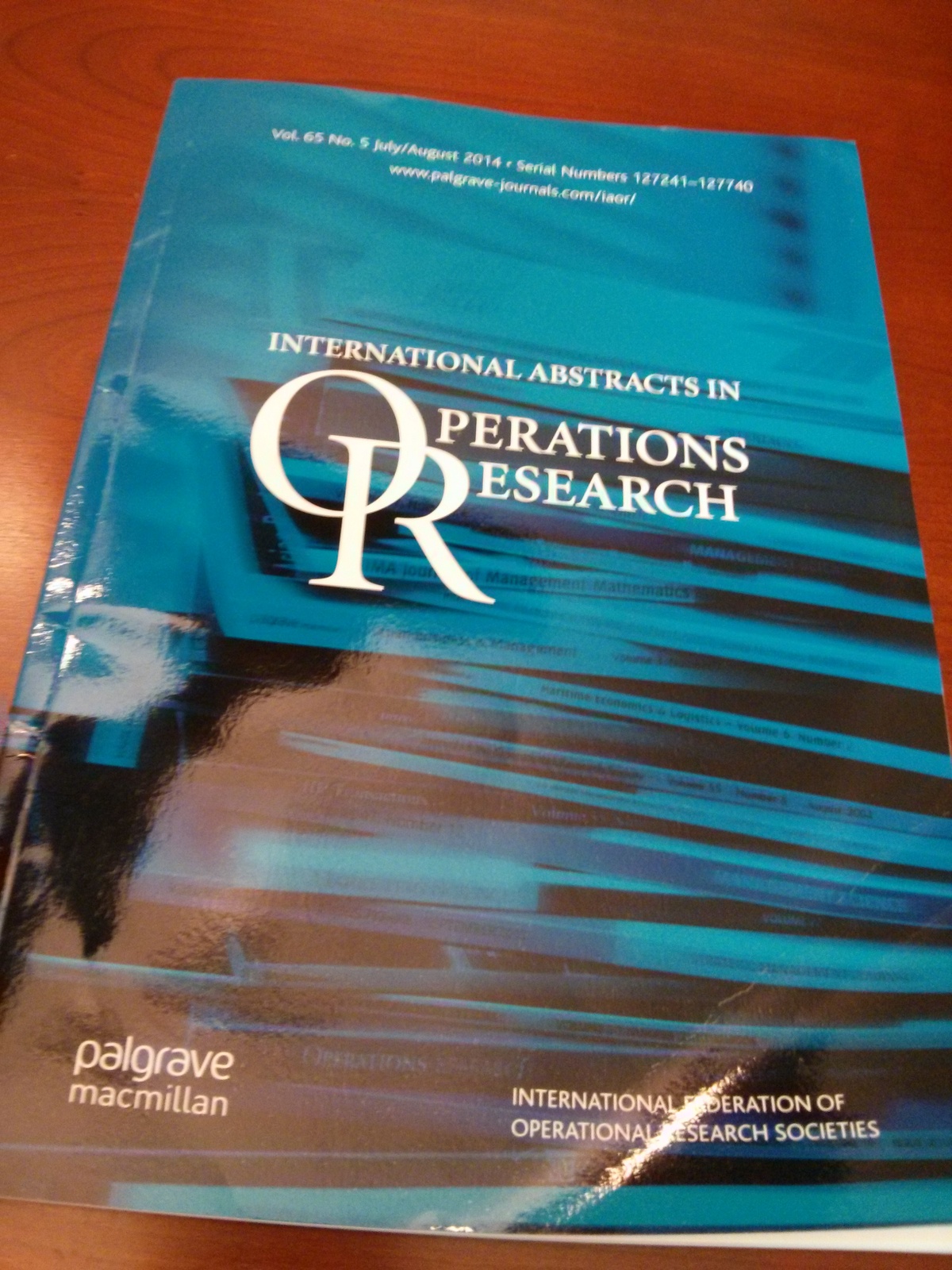
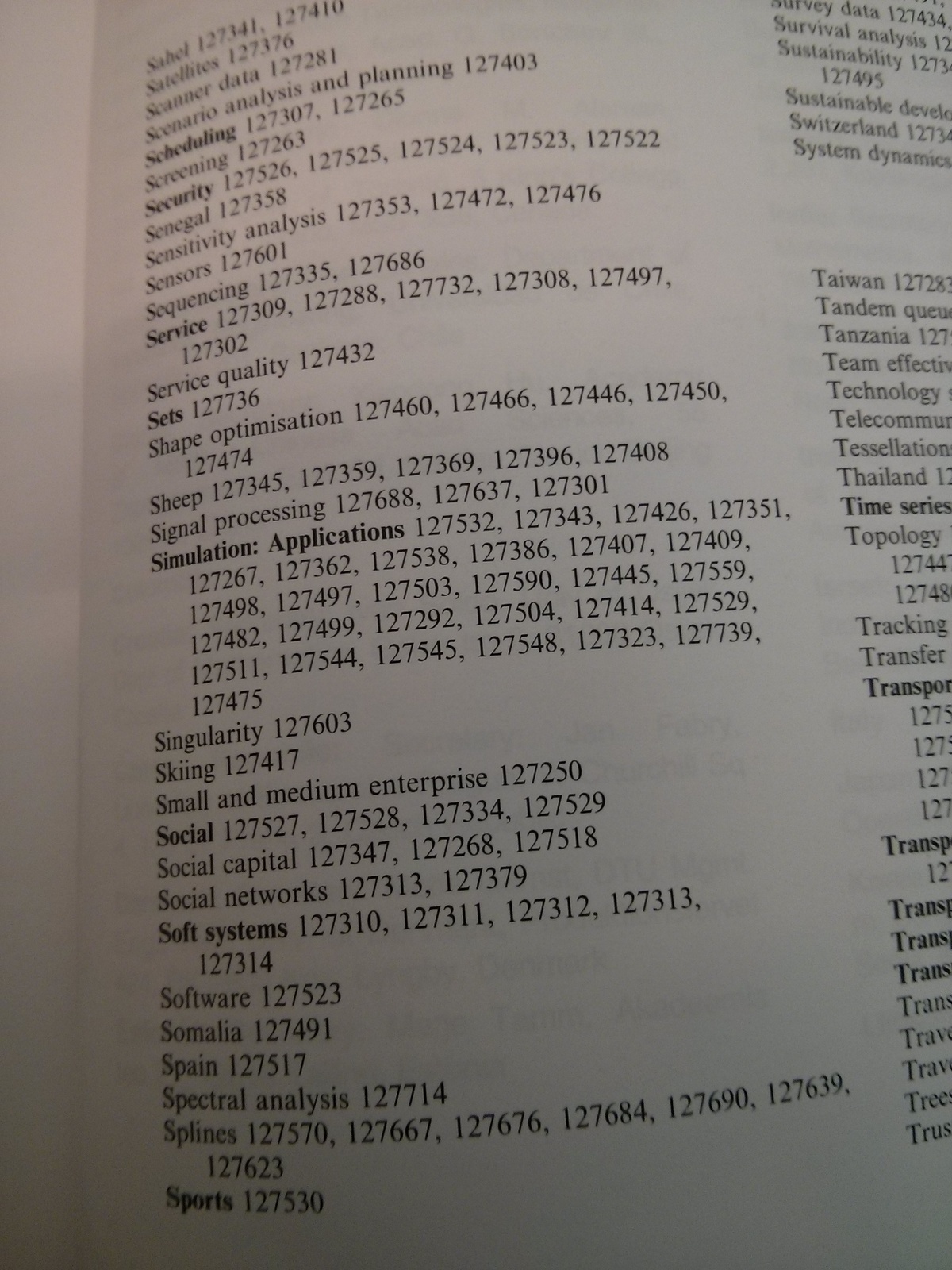 stracts in Operations Research
stracts in Operations Research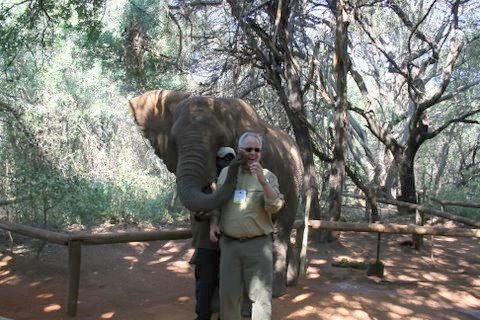
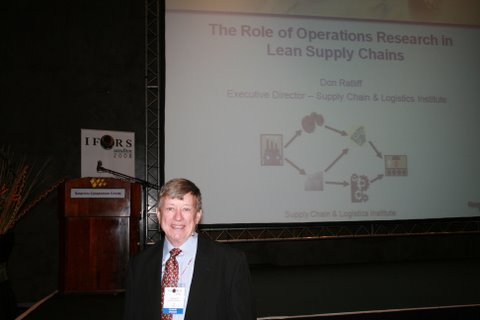
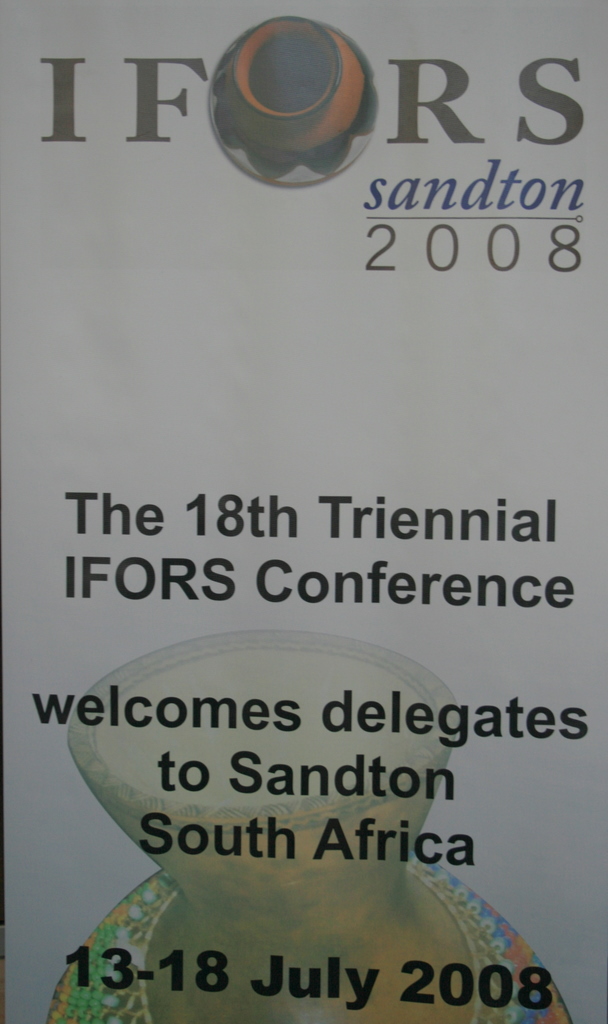
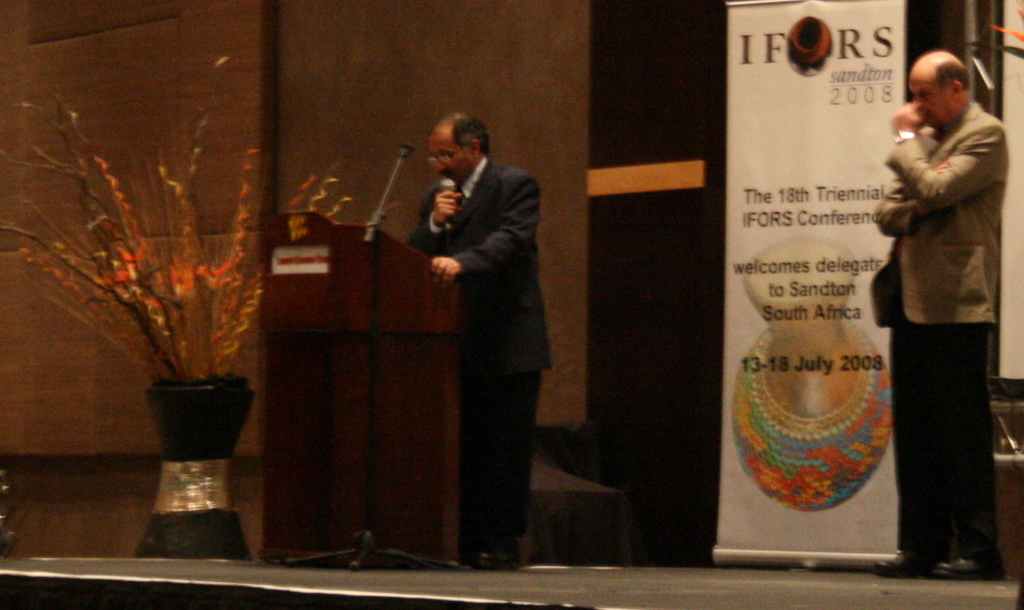
 Clem does “scenario planning” and has been described as Africa’s
Clem does “scenario planning” and has been described as Africa’s